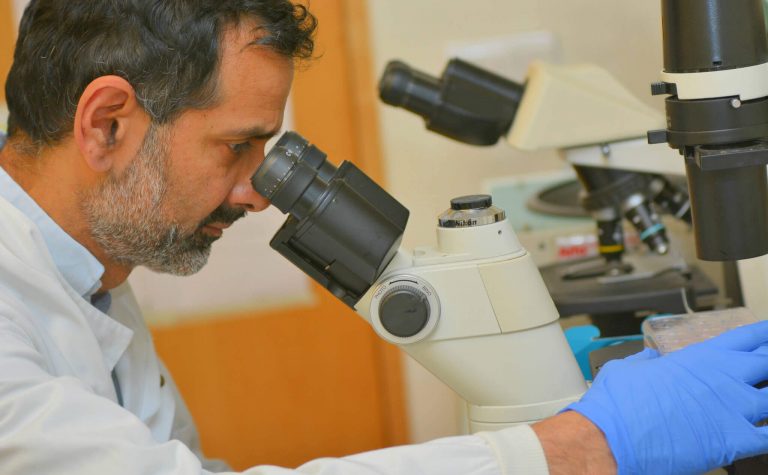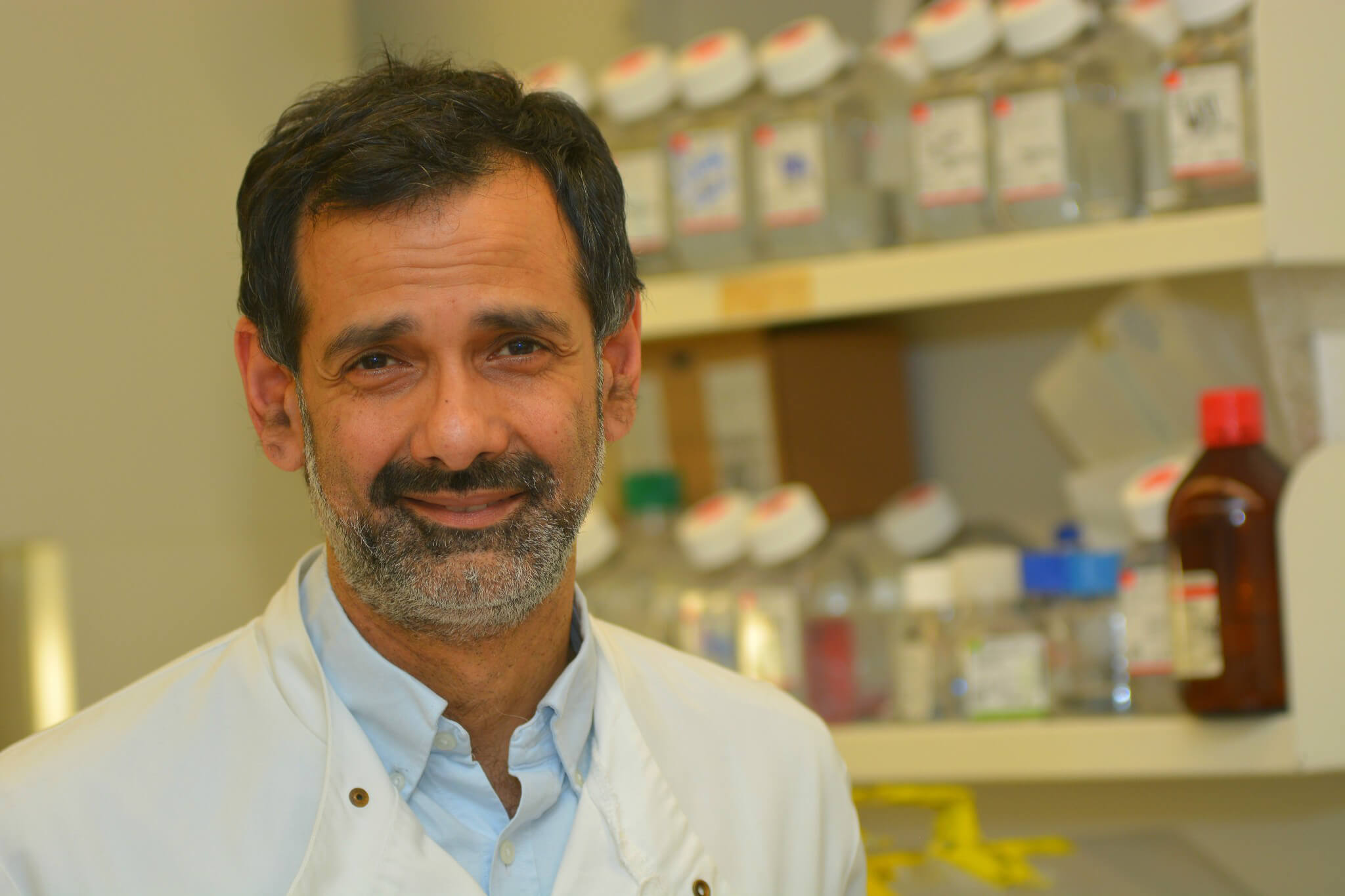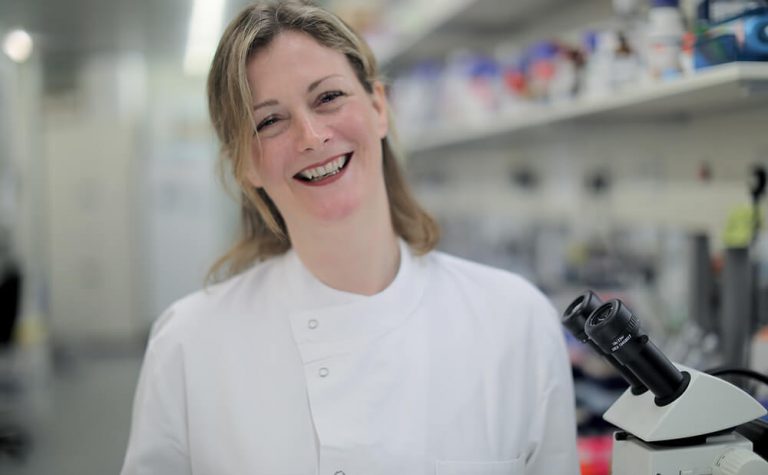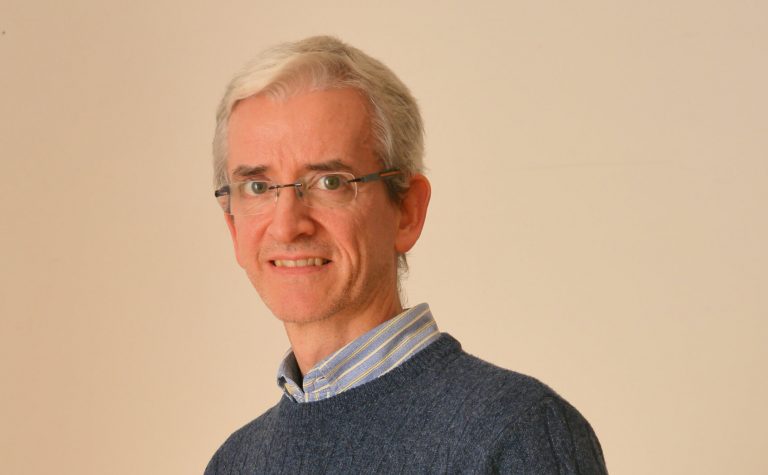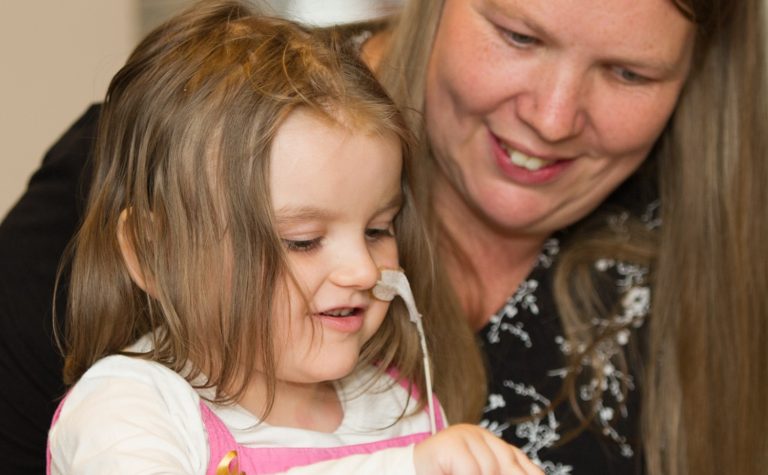Stem cell transplant is often used to treat young people who are living with a certain type of leukaemia, in particular when the disease has relapsed or failed to respond to chemotherapy. However, it’s not always successful, and this pioneering project is developing a new immunotherapy approach to this form of treatment.
Our funding is helping the research team develop a new way of using stem cell transplant to treat young people whose leukaemia has relapsed or failed to respond to chemotherapy.
Thank you
This research project on stem cell transplant has been successfully completed. Your donations allow us to fund ground-breaking research that can improve treatments given to children with cancer. Thank you. Your help allows us to continue to find ways to drive up the chances of survival for children with cancer and reduce the toxic side effects that can affect the rest of their lives.
